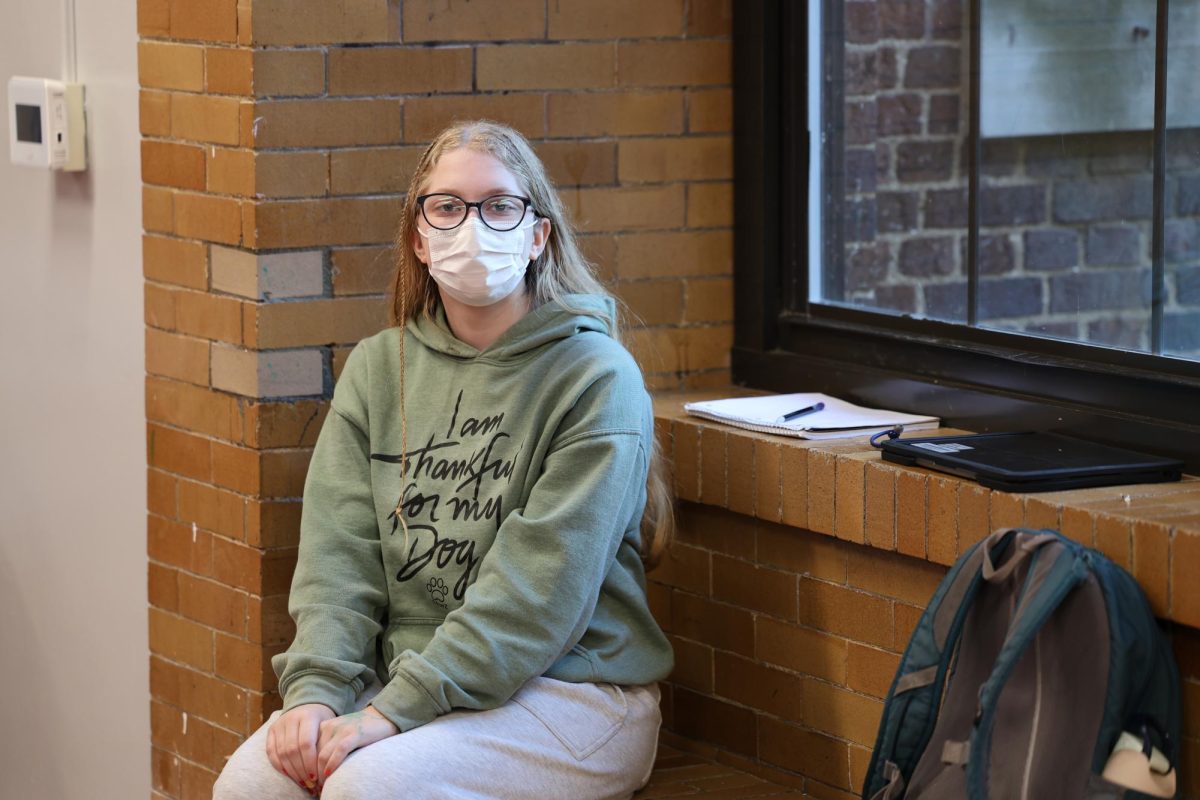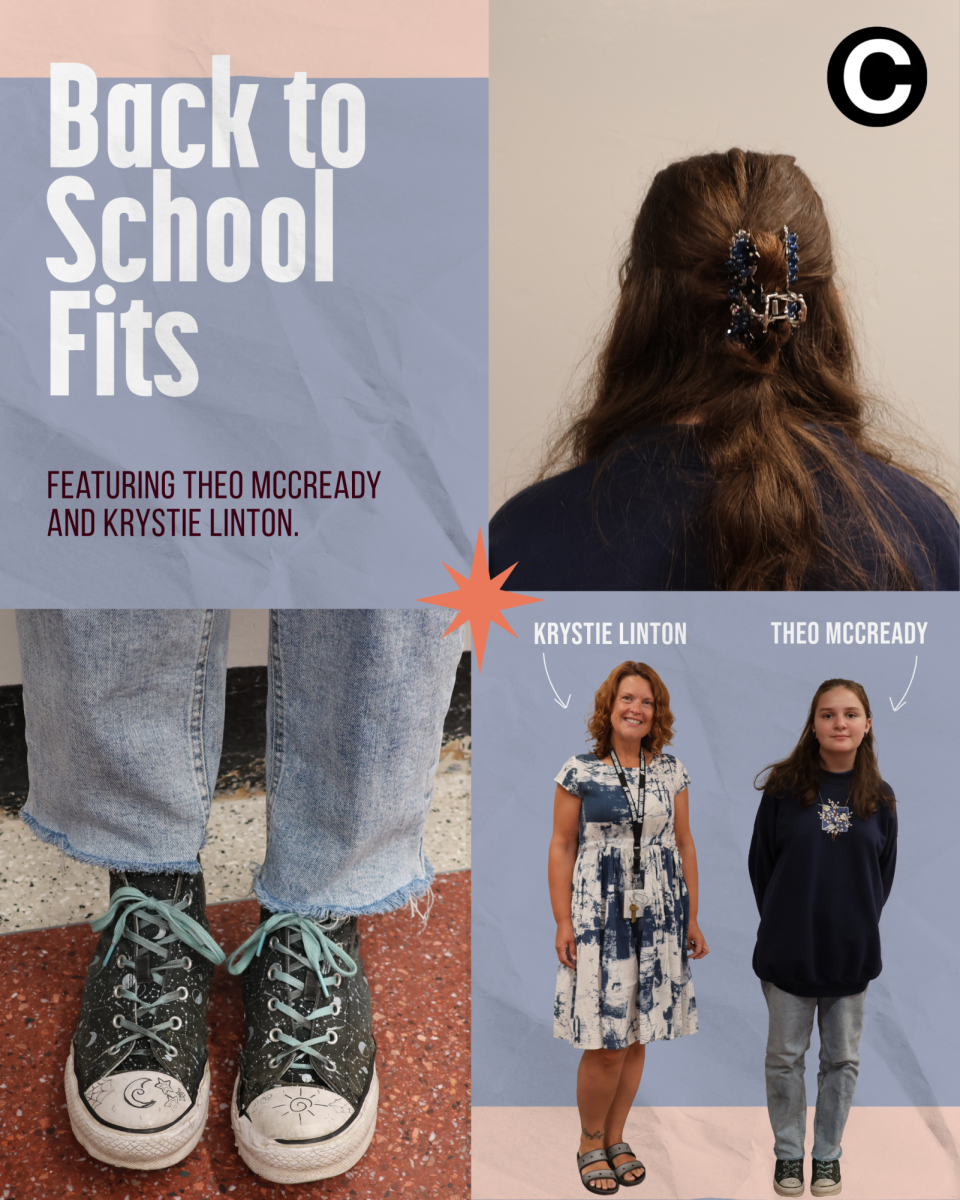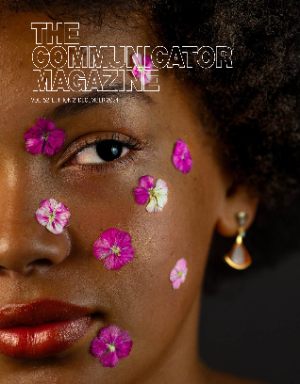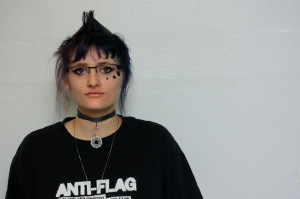On Sept. 13 poet and author Andrei Codrescu read new poems he wrote on his recent visit to Sweden, at the Buddhist Gar on West Liberty.
The entrance was a path lined with archways of blooming flowers and bronze sculptures strategically placed throughout the walkway leading to the tent. There was a faint aroma of fresh coffee and autumn dew in the air. A space heater whirred in the background as Andrei took the stage in the large white tent.
Andrei read his poem, History and (Poetry) Class. “Class, analyze the twentieth century in the following keys. One: Freud. Two: Jung. Three: Marx. Four: Fashion. Five: The Kabbala. Six: The news. Seven: Art. Eight: Advertising. Nine: The future. Ten: The assignment. I would rather be in you than with you. But here we are. Artists and analysts, all mixed up. Like parts of the gun, each one of you has been assigned at the beginning of your social class. Pay attention, this is the clip. Every thought, symmetry. What songs, what you hear, matter. Each bullet is you.”
(The complete poem can be found in the included recording).
Andrei Codrescu was born in Romania in 1946 and moved to Detroit, Mich. in 1966. I asked Andrei why he moved to the United States.
“I didn’t move actually. I had the good fortune of escaping from a prison, and moving to a place which is, you know, a better prison.”
Andrei Codrescu moved throughout the United States for a number of years. He spent a lot of time in New Orleans, about which time he wrote his book New Orleans, Mon Amour. Starting in nineteen-seventy, Andrei wrote a book nearly every year, and since 1983 he been a commentator for NPR (National Public Radio).
Following the reading, I approached Andrei at his book-signing table, and asked him why he writes poetry. I expected a lengthy, well-thought-out answer. He simply replied: “I write poetry because I use a sharp pencil.” Possibly the most unexpectedly simple and thought-provoking answer I could have gotten. He then continued: “… and I use it to write in your hairs and your thighs if I really would. If I wanted to, I could.” He then proceeded to reach across the table and sign my leg through a torn hole in my jeans.
Throughout the evening, Andrei brought deep thought and laughter to the chilly tent at the Gar, with such lines as: “There is only a slight vowel difference between fetal and fatal. The difference is [yo]u. Discuss.”








